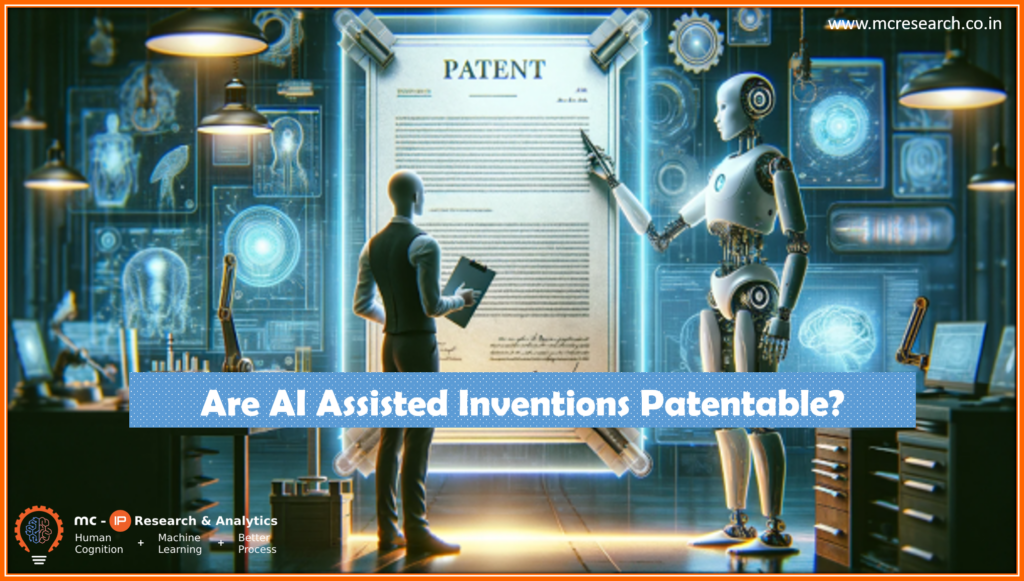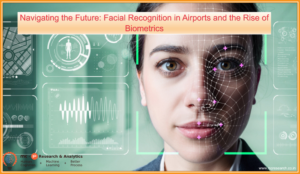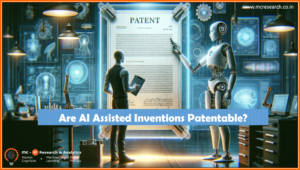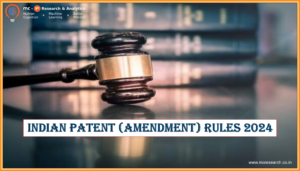Introduction
Artificial Intelligence (AI) has revolutionized various aspects of technology and innovation, raising questions about the patentability of inventions developed with the assistance of AI. However, the rise of AI-assisted inventions has also raised challenging legal and ethical questions, particularly in the field of patent law. This article explores the implications of AI-assisted inventions in patent cases, highlighting key considerations and recent developments in this complex and rapidly evolving field.
Understanding Artificial Intelligence and Patent Law:
Patent law is designed to protect novel and non-obvious inventions that have practical applications and are useful to society. Historically, patents have been granted to those who are human innovators and who bring their ideas to reality. However, the rise of Artificial Intelligence has made it more difficult to distinguish between human and machine creativity, challenging traditional ideas of inventorship and patent eligibility.
Artificial Intelligence's Role in Invention:
AI algorithms are capable of processing vast amounts of data, identifying patterns, and generating solutions to complex problems at speeds far surpassing human capabilities. This has led to AI systems being used in various industries, from healthcare and finance to manufacturing and agriculture, to develop innovative technologies and products.
Challenges in Artificial Intelligence -assisted Inventions:
One of the key challenges in patenting AI-assisted inventions is determining the role of human inventors in the creative process. While Artificial Intelligence systems can generate inventive solutions autonomously, they typically rely on human input for training data, algorithm design, and problem definition. This raises questions about whether AI systems can be considered legal inventors and whether patents should be granted for AI-generated inventions.
Ethical Considerations:
Beyond legal challenges, the rise of AI-assisted inventions raises important ethical considerations in patent cases. Questions surrounding transparency, accountability and fairness, emerge when AI systems autonomously generate inventions without human oversight. Ensuring ethical standards in AI-assisted inventions is crucial to maintaining public trust, promoting innovation, and safeguarding against potential misuse of technology.

Legal Precedents and Perspectives:
Several jurisdictions, including the United States, European Union and China, have begun to address the patentability of AI-assisted inventions. In the US, the US Patent and Trademark Office (USPTO) has clarified that patents must be granted to human inventors, while AI systems can be considered tools or assistants in the inventive process. The European Patent Office (EPO) has adopted a similar approach, requiring human intervention for inventiveness.
One of the primary legal challenges surrounding AI-assisted inventions is determining the legal status of AI systems as inventors. In 2019, USPTO rejected two patent applications listing an AI system named DABUS as the sole inventor, citing the requirement for a human inventor under current patent laws. Similarly, Europe and Japan jurisdictions have also struggled with the question of AI inventorship, highlighting the need for legislative clarity in this rapidly evolving area.
Recent Developments:
As the legal and ethical implications of AI-assisted inventions continue to unfold, recent developments offer insights into potential pathways forward. Some jurisdictions, such as the United Kingdom, have considered revising patent laws to accommodate AI-generated inventions, while industry stakeholders advocate for a balanced approach that recognizes the contributions of both AI systems and human inventors
Future Considerations:
As AI technologies continue to advance and play a more significant role in innovation, the legal framework around AI-assisted inventions is likely to evolve. Policymakers and legal experts will need to consider how to balance the promotion of innovation with the need to ensure fair and equitable access to patents. Additionally, ethical considerations, such as ensuring transparency and accountability in AI inventing processes, will become increasingly important. International discussions on harmonizing patent laws for AI-assisted inventions are also ongoing, emphasizing the need for global cooperation in addressing this complex issue.
Conclusion
In conclusion, the intersection of AI and patent law opens up new frontiers in innovation, requiring thoughtful dialogue and collaboration to navigate the complex landscape of AI-assisted inventions. By addressing the legal and ethical implications of AI-generated inventions, stakeholders can harness the potential of AI technologies while upholding the integrity of patent systems and promoting societal well-being.
Why MCRPL?
At MCRPL we aim to assist inventors, individuals, and organizations in navigating these complexities. We provide expert guidance on patent application processes, ensuring compliance with the relevant legal requirements and maximizing the chances of successful patent grants. We stay up-to-date with the latest developments and legal frameworks in the field of AI-generated inventions, enabling us to provide strategic advice tailored to our client’s unique needs. We understand the nuances of intellectual property law and can provide valuable insights and solutions to help our clients secure and defend their patent rights in the context of AI innovations.
© Molecular Connections Private Limited
For more information, contact priorart@molecularconnections.com
For more updates subscribe IP Tech Insider
Also, you can place an order for your search on our online portal: https://ipsolutionshub.com/






